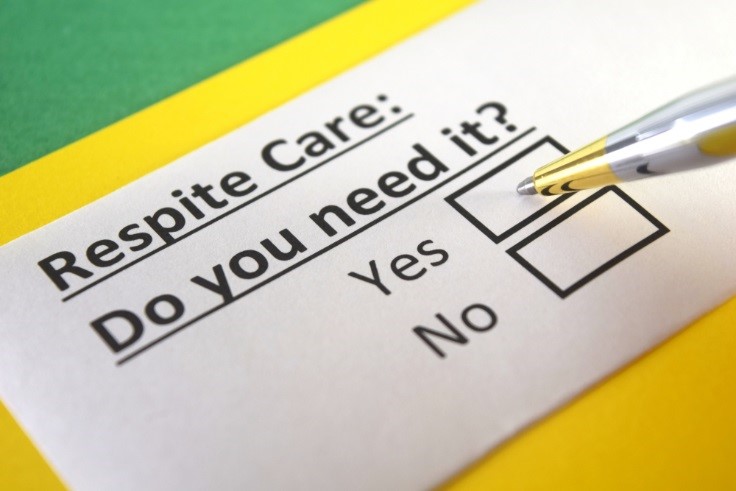Being a caregiver is a noble and selfless role, but it can also be incredibly demanding and emotionally draining. Caregiver burnout is a real and common phenomenon that can have detrimental effects on both the caregiver’s well-being and the quality of care they provide. In this blog post, we will explore some effective strategies to help caregivers deal with burnout and prioritize self-care.
1. Recognize the Signs of Burnout
The first step in addressing caregiver burnout is to recognize the signs. These can include physical exhaustion, emotional exhaustion, feelings of hopelessness, irritability, and a decline in personal well-being. By acknowledging and understanding these signs, caregivers can take proactive measures to address burnout before it becomes overwhelming.
2. Seek Support
Caregivers often feel reluctant to ask for help, but reaching out for support is essential. Speak with family members, friends, or support groups who can offer assistance or lend a listening ear. Additionally, consider professional help from therapists or counselors who specialize in caregiver support.
3. Take Regular Breaks
It’s crucial for caregivers to schedule regular breaks and time for themselves. Whether it’s a short walk, engaging in a hobby, or taking a nap, these breaks provide much-needed respite and a chance to recharge. Remember, self-care is not selfish but necessary for long-term caregiving.
Related: “What You Can Expect From In-Home Respite Care”
4. Set Boundaries
Caregivers often feel obligated to do everything and meet every demand. Setting boundaries and learning to say no is vital for preventing burnout. Prioritize tasks, delegate responsibilities when possible, and communicate your limitations to others involved in the care process.
5. Practice Self-care Activities
Engaging in self-care activities is crucial for caregivers’ well-being. Find activities that bring joy and relaxation, such as reading, exercising, meditating, or pursuing a hobby. Making time for these activities can help alleviate stress and promote overall well-being.
Conclusion
Caregiver burnout is a significant challenge, but it’s essential for caregivers to prioritize their own well-being in order to provide the best care possible. By recognizing the signs of burnout and practicing self-care, caregivers can effectively deal with burnout and maintain their own physical and emotional health. Here at Home Instead Senior Care, we understand the challenges faced by caregivers in Wilmington, NC. We’re here to support you on your caregiving journey. If you’re in need of respite care or would like to learn more about our services, visit our website or give us a call at (910) 342-0455. Take a step towards a healthier and more balanced caregiving experience today.










